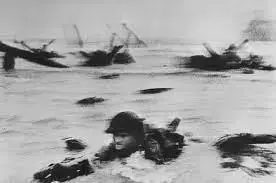You do have a general point, though I do take issue with the "shot under good natural lighting that you don’t actually have any photographic or artistic control over".
One of the most challenging aspects of landscape photography is dealing with situations you don't have control over. Sometimes it involves being dedicated and revisiting places until you get the right lighting which involves a dedication, planning, and determination that you don't need in a controlled environment. Sure, there are places in the world that have predictable weather and lighting conditions, and I'm pretty sure you had the El Capitan (or similar) shot somewhere in your head when you wrote that. Maybe that's a place you can rock up to and get easily, I don't know. A lot of places in the world don't, and you need to quickly change and find compositions and lighting that works. Just because you don't understand it doesn't make it a bad photo, and just because you've seen similar shots doesn't make it poor either.
If you strive to take a photograh of something else that's never been photographed you'll never take a shot of anything.
So, to answer the OP, a great photograph can be many things, a great photographer can be too. It just depends on the measuring stick you use.









![[No title]](/data/xfmg/thumbnail/38/38261-db20f6f92ee8f0d4c5cf1536e308638b.jpg?1734172147)


![[No title]](/data/xfmg/thumbnail/38/38263-ad5e4c9e677626ddb5b1e7cdf9ebe40e.jpg?1734172152)

